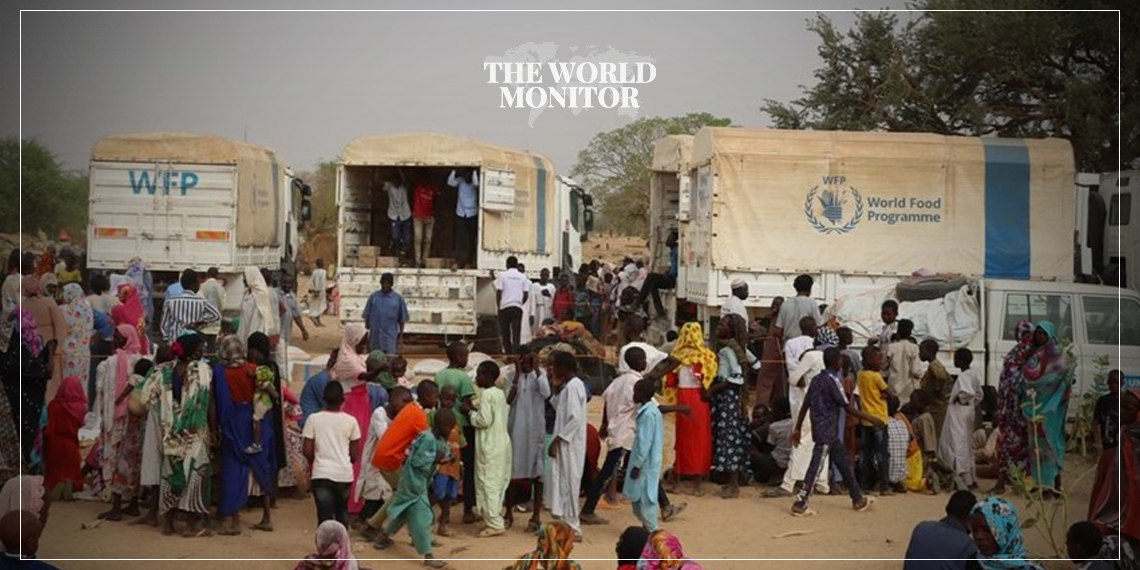The United States has announced an additional $100 million in humanitarian aid to South Sudan, aiming to provide critical food supplies to nearly one million people affected by the ongoing crisis.
This increased assistance brings the total US aid to the country in the current fiscal year to about $609 million, according to a statement from the U.S. Embassy in Juba, the capital of South Sudan.
The new aid package will deliver around 42,000 metric tons of food, a much-needed supply to a country where over 7 million people are experiencing severe food insecurity.
In its statement, the US Embassy emphasized that addressing South Sudan’s humanitarian crisis requires immediate and urgent action. The country has been grappling with widespread hunger, exacerbated by ongoing conflicts, flooding, and economic instability.
Compounding this crisis, South Sudan has also become a refuge for nearly 780,000 people fleeing the conflict in neighboring Sudan since the outbreak of violence in April 2023.
The influx of refugees has placed additional strain on South Sudan’s already fragile resources, as the country struggles to meet both its own needs and those of the displaced population.
South Sudan, the world’s youngest country, gained independence from Sudan in 2011 after decades of civil war. However, it has been plagued by internal conflicts, with a civil war erupting just two years later in 2013.
The conflict has caused widespread displacement, destruction of infrastructure, and severe economic challenges, all of which have contributed to the current humanitarian crisis.
In recent years, South Sudan has also faced extreme weather conditions, including prolonged flooding that has displaced thousands and devastated crops, further worsening food insecurity. The combination of political instability, natural disasters, and economic challenges has left millions dependent on humanitarian aid for survival.
The situation worsened when conflict reignited in Sudan in 2023, with many Sudanese fleeing to South Sudan for safety. This has overwhelmed already stretched resources, particularly in areas like food supply, healthcare, and shelter.






